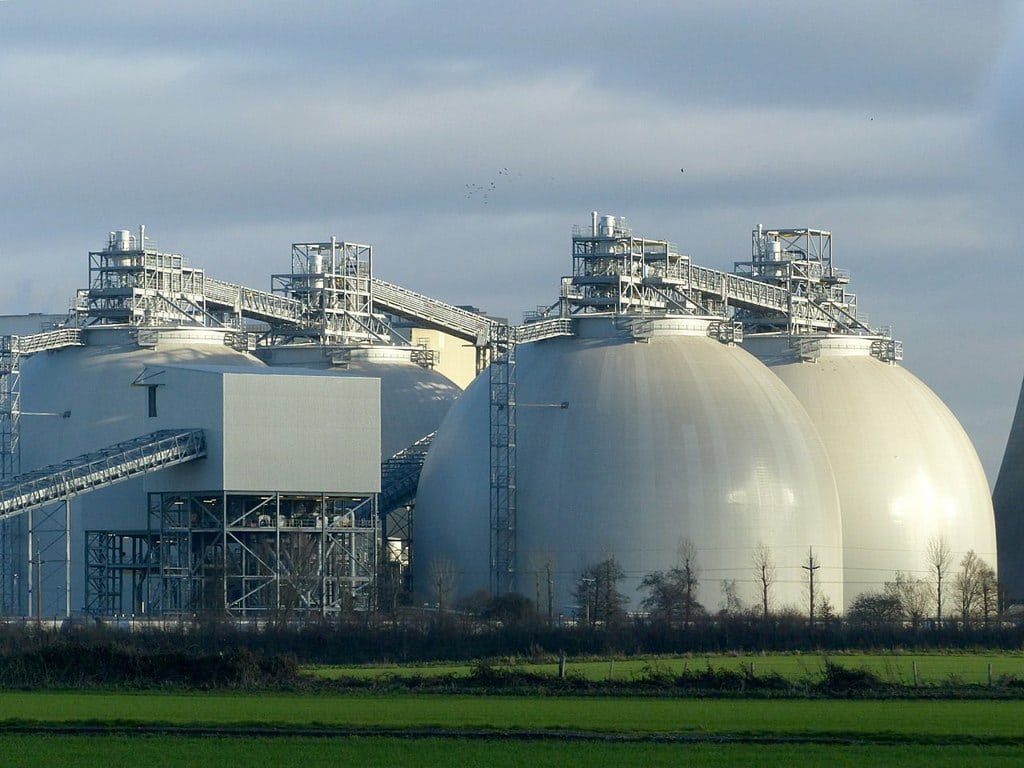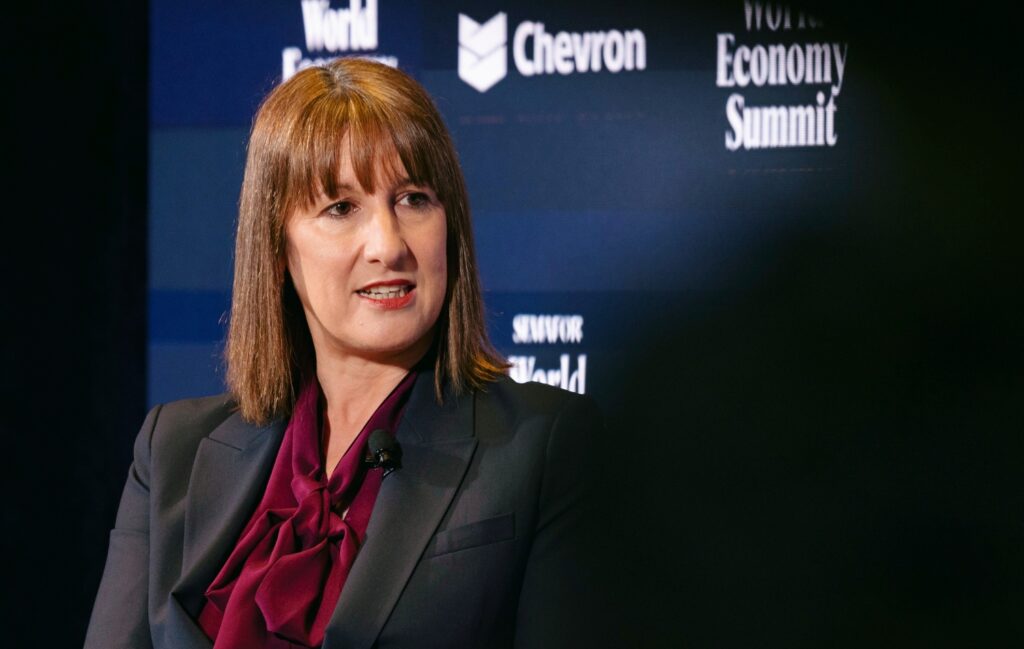A senior Drax executive is stepping down from her position on the Climate Change Committee early after questions were raised over a “glaring” conflict of interest.
Dr Rebecca Heaton will end her four and half year term on the government advisory group’s mitigation committee around four months early to take up a position at renewable energy company Ovo, the board announced today.
In a statement, Heaton said the position had been the “privilege of my career” and that she was “immensely proud of the work we have done to raise climate ambition”.
The 2017 appointment attracted had criticism due to Heaton’s position as head of sustainability and policy at Drax, a company that received £832 million in subsidies from the government last year for biomass generation.
“The conflict of interest has long been glaring, but in recent years became blinding,” said Phil Macdonald of energy thinktank Ember.
Calling for the CCC to take a fresh look at Drax’s carbon capture plans in the wake of Heaton’s move, Macdonald added: “Drax, one of the country’s largest recipients of ‘green’ public funds, shouldn’t have a role advising the government on the best route to take action on climate change.”
Conflict?
Critics have expressed concern that Heaton was privy to discussion on the Sixth Carbon Budget for 2033-2027, which recommends the significant ramping up of use of BECCS in the 2030 and 2040s to achieve “negative emissions” from power generation.
However, Heaton’s appointment was previously defended by the CCC and Drax, which argued that she did not advise the body on bioenergy, meaning there was “no conflict of interest”.
Chris Stark, chief executive of the CC said Heaton was appointed “to provide a business voice on the committee” and had no role in any discussions on bioenergy and bioenergy with carbon capture and storage (BECCS), a technology that captures emissions from burning biomass and is seen as vital in Drax’s bid to become “carbon negative”.
In March Lord Randall, the environment adviser to former UK prime minister Theresa May, called for a formal investigation into the positions held by Heaton over “real or perceived conflict between her role with Drax and her ability to offer impartial expert advice on such policies”.
Randall requested the National Audit Office examine whether Heaton’s roles allowed Drax to gain “an unfair commercial advantage through the influence its employee may be having on the advice and formulation of policy in an area in which Drax operates”. The watchdog did not pursue the investigation.
In a statement, Randall told DeSmog: “While never wishing to imply that Dr Heaton acted in any way that was not appropriate, I am pleased to see that this potential conflict of interest has now been resolved as a result of her new appointment.”
“The question of whether the UK taxpayer should continue to subsidise the biomass industry at the current very high level is still ongoing.”
Drax Transition
Drax power station in Yorkshire has been powered by coal since the 1960s, but in the last decade has undergone a swift taxpayer-funded transition to biomass. Drax says the transition to carbon capture and storage will allow it to be the first “carbon negative” energy company by 2030, due to the amount of carbon captured by trees while growing.
However, concerns persist over the sustainability of biomass, its transportation, and the emergence of carbon capture and storage to contain its emissions – a technology which is still economically unviable on a large scale.
Mike Norton, environment programme director at the European Academies of Science (EASAC) said subsidising biomass was a “particularly poor use of public funds especially since it may divert money away from supporting technologies that really do reduce the amounts of CO2 going into the atmosphere”.
He added: “In this light, I can understand well why some might ask why the largest UK recipient of such subsidies should have a seat on the Board of the committee tasked with providing independent advice to the government on climate change.”
Drax and the CCC have been approached for comment.
Update: This article was updated on 02/07/2021 to add that the National Audit Office has not pursued an investigation into Rebecca Heaton’s appointment. Lord Randall’s comments were received post publication, and have now been included. The article was also updated to reflect the length of Heaton’s tenure with the CCC. This was incorrectly stated on the CCC’s website as a five year term, but actually ran for around four and a half years.
Subscribe to our newsletter
Stay up to date with DeSmog news and alerts







